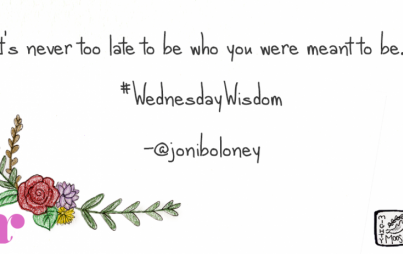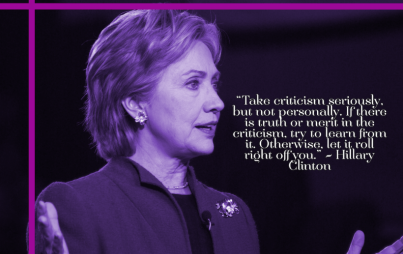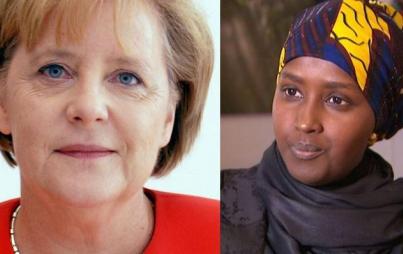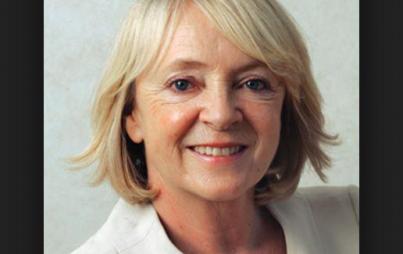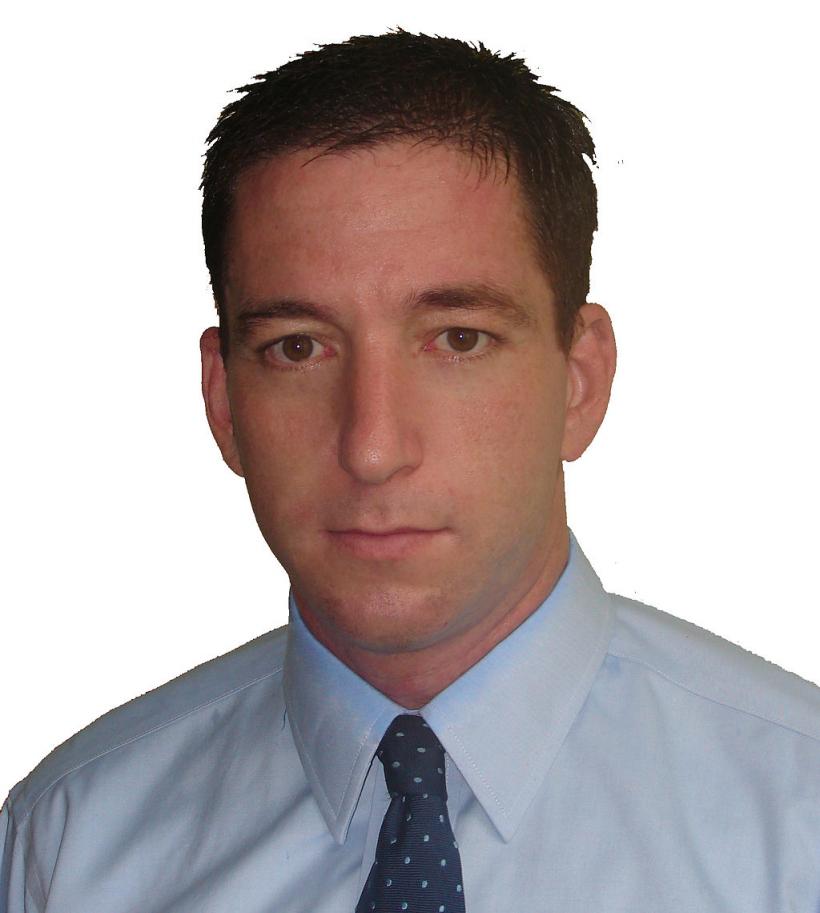
Last Thursday, journalist and author Glenn Greenwald spoke to a sold-out audience at Nourse Theater in San Francisco. Kicking off his nationwide tour to promote his new book, No Place to Hide: Edward Snowden, the NSA and the U.S. Surveillance State, Greenwald was both intimate and frank with his audience, discussing government secrecy with visceral urgency.
Greenwald was the U.S. journalist from the Guardian who Snowden famously contacted after uncovering thousands of NSA documents revealing massively powerful (and technically illegal) surveillance programs. Greenwald worked with a team to closely analyze what Snowden sent along, selectively publishing what seemed safe for public knowledge—balancing the need for transparency with a desire to protect American civilians and government agents.
Throughout his talk, Greenwald stressed the need for more awareness about the issues connected to NSA surveillance, which are interwoven into many of our everyday lives. The 1984-esque world that Greenwald spoke of was terrifying but not without a silver lining—though the NSA is a Goliath power, he stressed that it can be challenged through a well-informed network.
Greenwald said those hoping to affect change could make an impact through each click of their mouse, by consciously avoiding web companies that work against user privacy.
The Whistleblower Who Shocked a Nation
Greenwald also outlined responses to three myths surrounding Snowden, the now-infamous whistleblower who fostered the largest leak of classified documents in U.S. history.
First, was Snowden a Russian spy? Greenwald bemusedly pointed to quickly-shifting reports during Snowden's transition from Hong Kong to Moscow. Several journalists originally relayed—confidently—that Snowden was a Chinese spy, then quickly changed their tune once Snowden relocated to Moscow. It was but one example of ill-informed journalism failing the public. 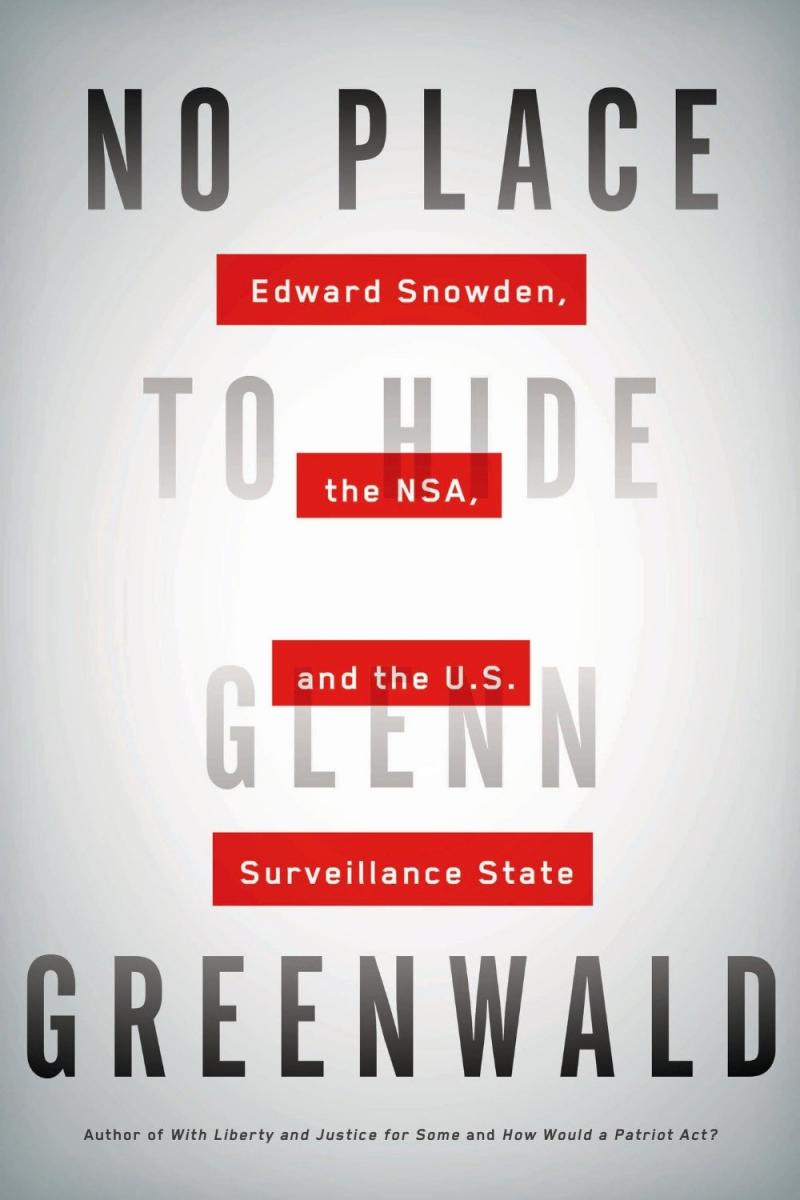
Second, what motivated Snowden to engage in civil disobedience? According to Greenwald, many have accused Snowden of narcissism and fame-seeking. But if this were the case, Snowden chose an interesting way to satiate his desire for the spotlight; after all, he avoided innumerable interview requests until his recent sit-down with Brian Williams.
Snowden also could have bypassed the journalistic filter altogether. Instead, he chose to limit his contact with the media to Greenwald and Greenwald alone, trusting him to advise each critical step in the delicate revelation process. That the media incessantly portrayed Snowden as having some form of mental illness was, Greenwald said, concerning—society is "measured by how it treats its dissidents," he claimed.
The final and most pressing myth Greenwald dismembered was the notion that the NSA's surveillance program exists purely to protect the public. He asserted:
We have revealed so much over the last year about the kind of spying that is taking place that has nothing to do with [safety] . . . spying on democratically elected allies . . . we're spying on Russian and Brazilian and all kinds of other oil companies around the world, we're infiltrating the negotiating sessions at economic conferences to confer and manage American industry, we're intercepting product from the mail and installing backdoors on them with routers and servers . . . we're subjecting higher populations to indiscriminate mass surveillance.
Greenwald published several NSA documents outlining the organization's intentions, repeatedly using the phrase "Collect It All" to emphasize its indiscriminate policy for gathering information. Yet many persist in believing otherwise.
Real-World Big Brother?
Greenwald ended his talk by examining why privacy is important, and why those who dismiss any Big Brother worries because they see themselves as harmless and uninteresting to wire tappers should think hard about their stance. He pointed out that privacy is an inextricable human need, and that eliminating it could reverberate over generations.
Joining me in the audience was Daniel Ellsberg, the historical whistleblower of the Pentagon Papers. As Greenwald acknowledged his attendance and thanked him, the crowd erupted into applause—perhaps the most telling moment of the evening. Those who doubt the significance of these dissidents are ignoring three basic truths: Knowledge is better than ignorance. Discourse is better than secrecy. And action is better than passivity.
Image: Wikimedia Commons


